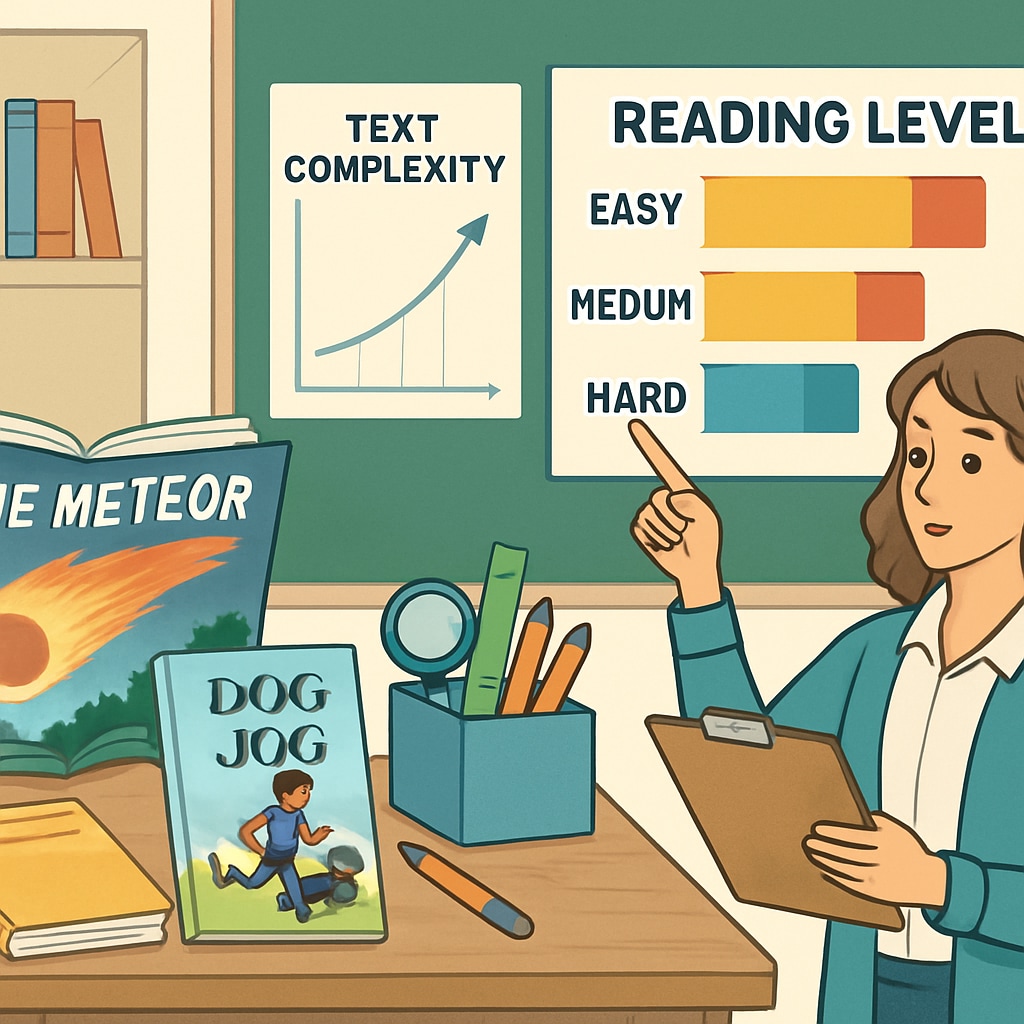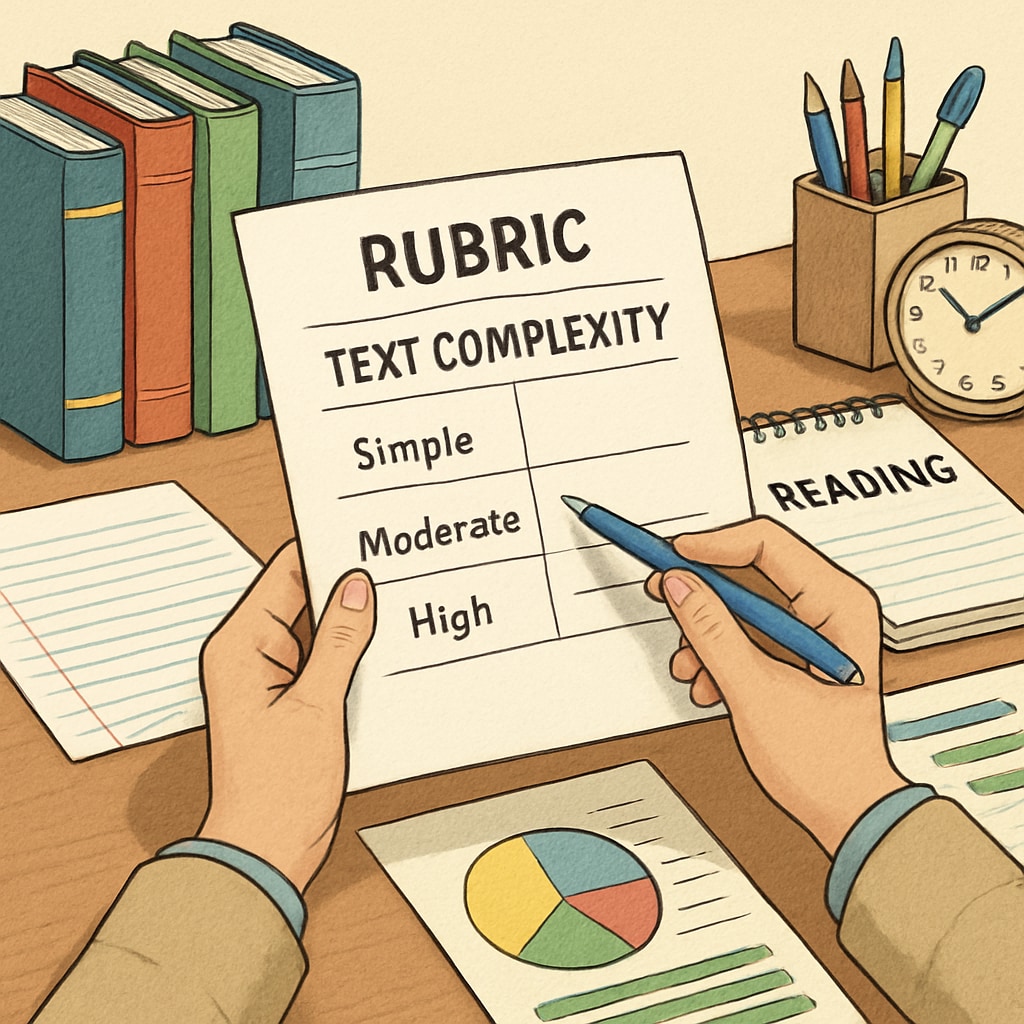Reading comprehension is a cornerstone of academic success, and aligning reading materials with students’ abilities has always been a challenge. A new research initiative invites K-12 teachers to become active participants in evaluating text complexity, harnessing their on-the-ground expertise to refine reading material grading systems. This collaboration aims to bridge the gap between instructional content and student reading capabilities, fostering improved literacy skills across diverse learning environments.

Why Text Complexity Matters in Education
Text complexity refers to how challenging a piece of reading material is for a particular audience. It encompasses factors like vocabulary, sentence structure, conceptual depth, and cultural context. For educators, understanding text complexity is essential to selecting materials that challenge students appropriately without overwhelming them.
Inadequate matching of text complexity to student abilities can lead to frustration or disengagement. On the other hand, accurately graded texts can promote gradual skill development, critical thinking, and sustained interest in reading. This is why teacher-led insights are invaluable in refining grading systems.

The Role of K-12 Teachers in This Research
Teachers are the key players in this initiative. Their firsthand experience provides unique perspectives on what makes a text accessible or challenging for students. By participating, teachers will:
- Contribute to creating more accurate text grading systems based on real-world classroom experiences.
- Help bridge gaps between theoretical models of text complexity and practical applications.
- Ensure reading materials cater to diverse student needs, including learners with varying proficiency levels.
The project encourages volunteer teachers to evaluate sample texts, offer feedback, and share insights on how different factors affect student engagement and comprehension.
How This Research Benefits Students
Improved text complexity assessments directly benefit students by ensuring they receive materials suited to their current reading abilities while still encouraging growth. This tailored approach:
- Supports students in building confidence and competence in reading.
- Promotes critical thinking by introducing texts with gradually increasing complexity.
- Encourages sustained engagement in reading, fostering lifelong literacy skills.
As a result, students can navigate a progression of texts that challenge them appropriately, helping them achieve academic success and personal growth.
How You Can Get Involved
If you’re a K-12 teacher passionate about improving reading education, this research project offers an opportunity to make a lasting impact. By volunteering, you will:
- Shape the future of text complexity evaluation methods.
- Collaborate with researchers and educators nationwide.
- Help craft a more inclusive and effective educational system for students of all backgrounds.
Participation is straightforward and requires only a commitment to reviewing select sample texts and contributing feedback. Your involvement could be instrumental in bridging the gap between classroom realities and academic research.
To learn more about text complexity and its role in education, visit the Reading Comprehension Wikipedia page. For additional information on evaluating text complexity, check out Reading Education on Britannica.
Join us in this vital mission to ensure every student has access to reading materials that inspire, challenge, and educate.


